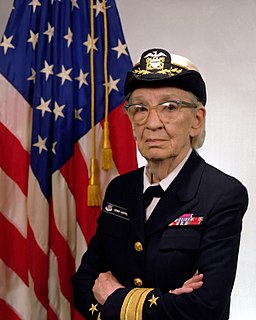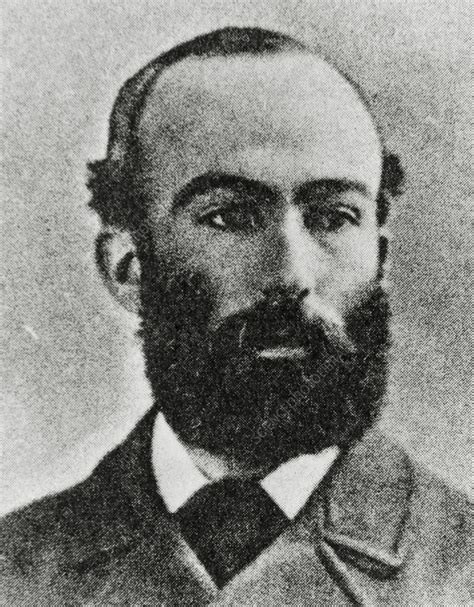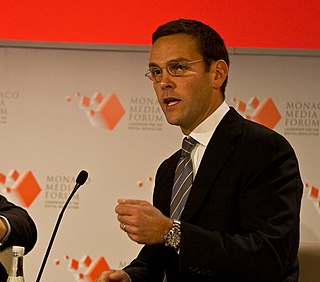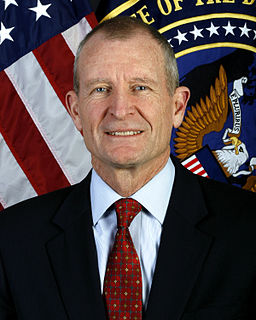A Quote by Grace Hopper
Some day, on the corporate balance sheet, there will be an entry which reads, "Information"; for in most cases, the information is more valuable than the hardware which processes it.
Related Quotes
There's a lot of health information available on your smart phone. There's financial information. There's your conversations, there's business secrets. There's an enormous long list of things that there's probably more information about you on here than exists in your home, right. Which makes it a lot more valuable to all the bad guys out there.
To minimize market uncertainty and achieve the maximum effect of its policies, the Federal Reserve is committed to providing the public as much information as possible about the uses of its balance sheet, plans regarding future uses of its balance sheet, and the criteria on which the relevant decisions are based.
I think that in an age where so much information is flying through cyberspace, we all have to be aware of the fact that some information which is sensitive, which does affect the security of individuals and relationships, deserves to be protected and we will continue to take necessary steps to do so.
I'm quite good at taking in information so I voraciously inhale Wikipedia - which may have some things wrong in it, but I think is generally more information than we had before. Last tour we didn't have Wikipedia. And then Discovery Channel and History Channel. I can take it in and retain what I think are the most important facts.
I think that because of YouTube, because of MySpace, because of the digital domain that we have on the Internet, the younger generation is much more open to information. I think it's so much easier for them to gain information and trade information, and they have become more aware. In some cases, more aware than their own parents and adults, as to what's going on in the world. I find that really intriguing and interesting, and I think there is a brewing of a whole new generation of activists coming.
Groups are only smart when there is a balance between the information that everyone in the group shares and the information that each of the members of the group holds privately. It's the combination of all those pieces of independent information, some of them right, some of the wrong, that keeps the group wise.
If you have 15 minutes per visit, and you spend the first 9 minutes just collecting information from them, before you do anything else, you know half of your visit is gone already. So if you have an automated system that has most of that and, and in some cases I actually have patients complete questionnaires before they come in, so I'd gotten most of the information I need to ask about, already recorded, instead of having 9 minutes I can take 3 minutes to review all this information.
Television is altering the meaning of 'being informed' by creating a species of information that might properly be called disinformation. Disinformation does not mean false information. It means misleading information - misplaced, irrelevant, fragmented or superficial information - information that creates the illusion of knowing something, but which in fact leads one away from knowing.
If you think of dramaturgy in North America, which is so realistic and so literal sometimes, sometimes what theaters - especially dramaturgs - ask for is more information, which sometimes can really weigh down a play. There's only so much information a play can have. If you start putting in so much information, it becomes something completely different, it doesn't sing.





































